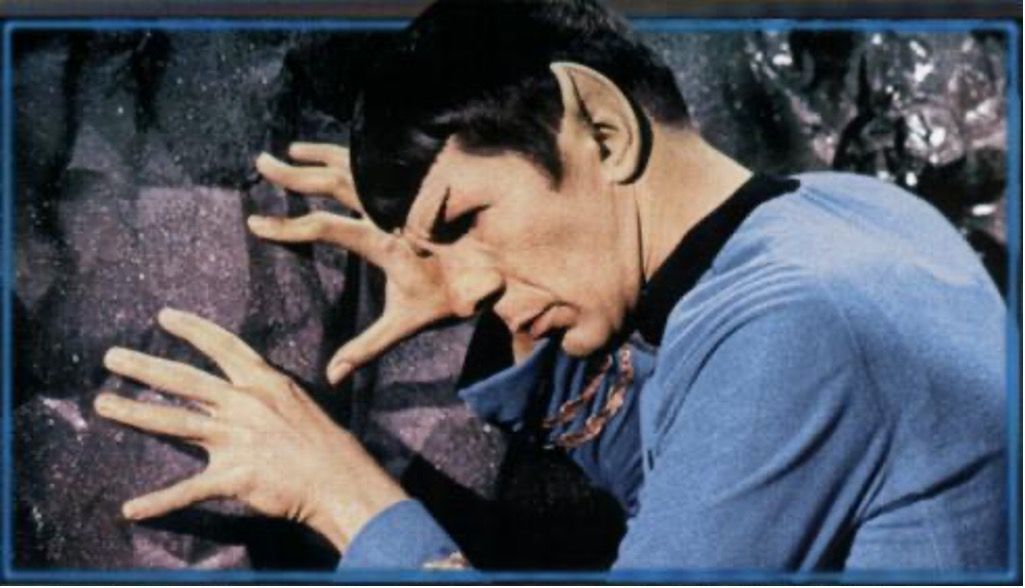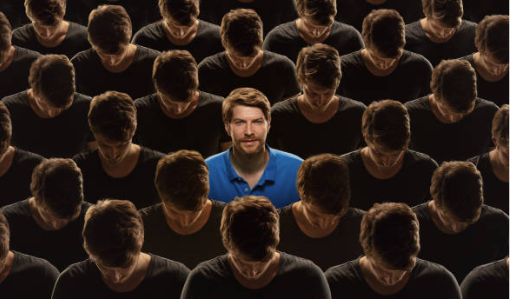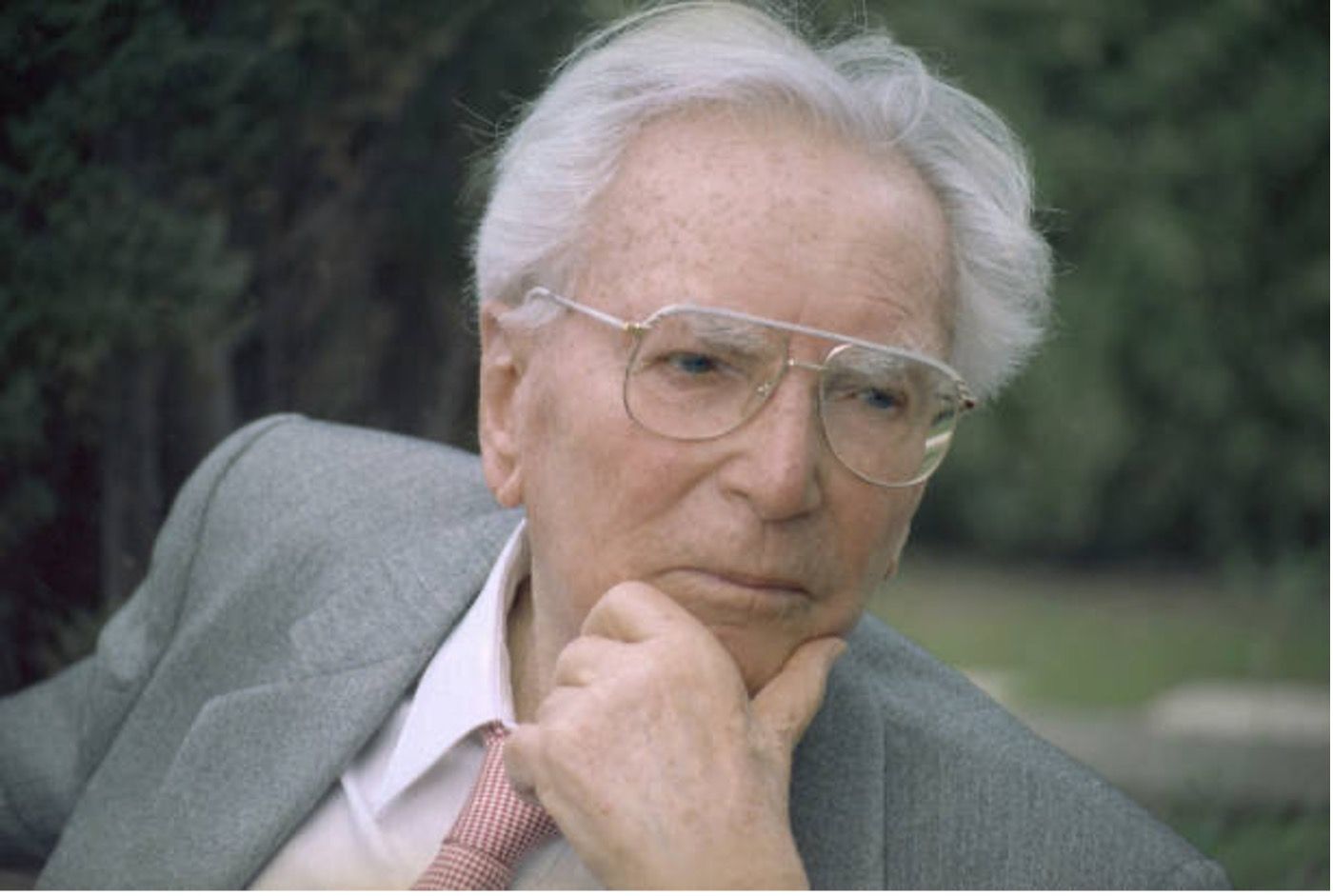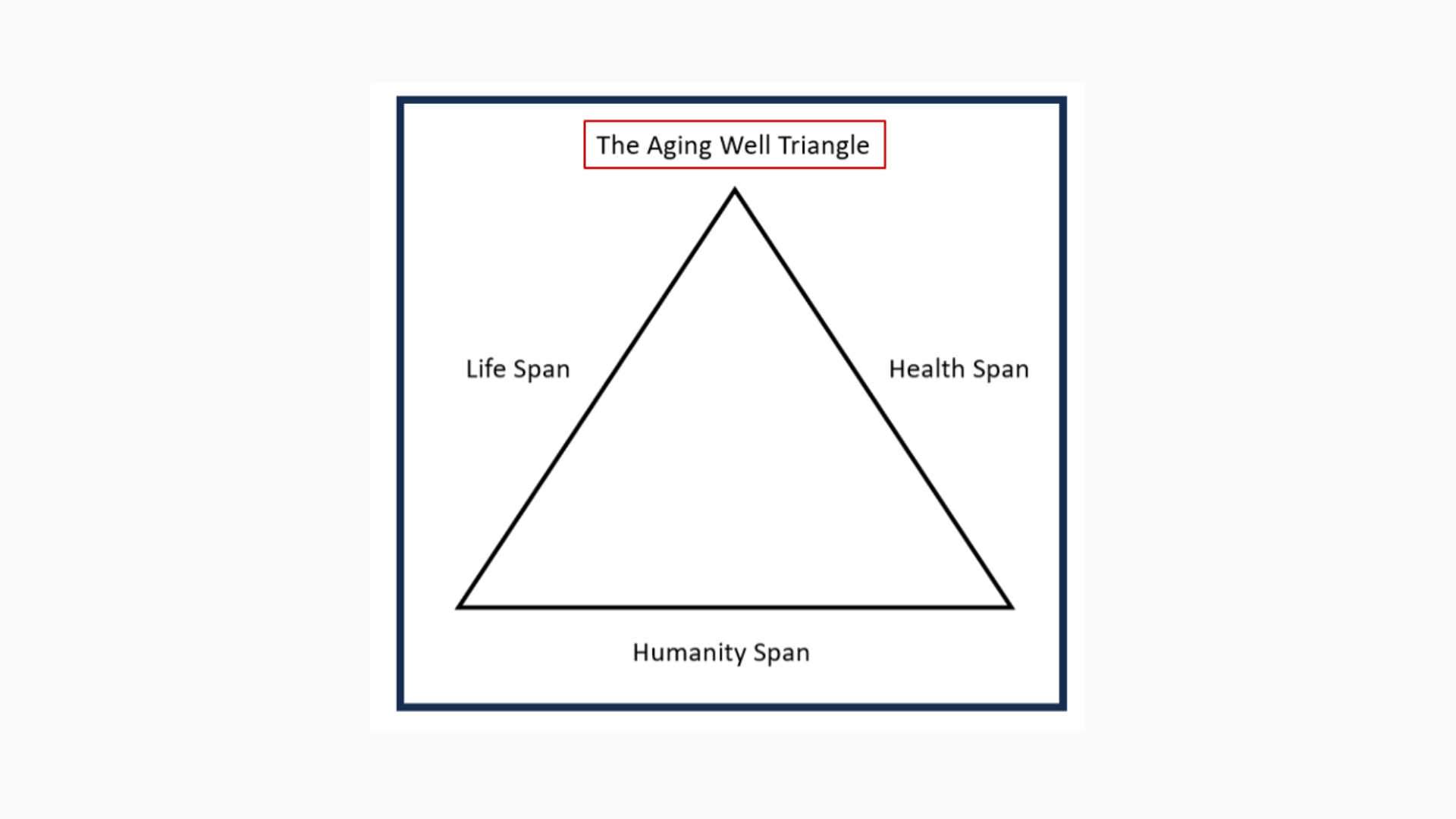WISDOM AND SPIRITUALITY
It was June of 2011. I was just hitting my mid-sixties. Things in my business world were going well. My clients nearly all recovered from the Great Recession, most found solid traction for increasing revenues and growth. My job at this time was riding the horse in the direction it was going.
I also had my head in the future. Consolidation, M & A, were occurring in every industry. That was the future for the industry where I made my living. Clients included dentists, dental service organizations, hospitals, various physician groups, investment bankers, equity partners, insurance companies, and start-ups. I was on the field for nearly every play. And, I loved to play.
But something was missing for my clients in their leadership, but I couldn't quite distinguish what it was. So as part of my business and consulting development work at that time, I was deep into reading the business literature, books, and several business journals. HBR (Harvard Business Review) was a must-read.
When I read the article below, it became clear what was missing with my clients and their organizations. What was missing was Wisdom. And Wisdom, to exit, in the nucleotides of Wisdom's DNA is to hold a moral purpose.
When leaders bring forth a moral purpose, they create a future for their workforce where the world would be better. A moral purpose creates a more significant leadership challenge. A challenge that insists on a more meaningful capacity as a leader.
Harvard Business Revew:
The Big Idea: The Wise Leader
By: Ikujiro Nonaka and Hirotaka Takeuch
From the HBR Magazine (May 2011)
In an era when discontinuity is the only constant, the ability to lead wisely has nearly vanished. All the knowledge in the world did not prevent the collapse of the global financial system three years ago or stop institutions like Lehman Brothers and Washington Mutual from failing.
No one could slow down the recession as it sped across the world, or ensure that market leaders like General Motors and Circuit City didn't go bankrupt. No one realized that despite enormous government stimuli, the road to recovery would be torturous, with so few jobs created in the U.S. and Japan. Never did we expect more of leadership—and never have we been so disappointed.
Nearly all companies, large and small, are value-driven. Whether the values are plainly
articulated and routinely spoken or not. Values manifest themselves in the culture, strategies,
tactics, and company goals.
I began to ask an opening-ended question of clients that I learned from these authors – "Does your company have a moral purpose?" A moral purpose has you think about the common good. A moral purpose is about societal benefits. A moral purpose provides a noble context. When articulated, I define moral purpose as a value that appeals to the innate sense held by most individuals of what is right and what is worthwhile for the common good.
For the companies I spoke with, few, if any, had a moral purpose. Sometimes they coughed up an inauthentic, insincere moral statement. But in my 36 years of meeting facilitation, I never facilitated one meeting on "How are we going to accomplish our moral purpose and what's in the way?" Moral purpose was never an agenda item.
It is known that a company needs to be profitable or go out of existence. It is understood that the job is to increase shareholder ROI. But when profit, cash flow, EBITDA, and internal financial incentives cause an eclipse of moral purpose, it is ultimately de-moral-izing.
When a company has a legitimate moral purpose, it directly enhances the workforce, up and down the line, to care more about their work, their colleagues, and the company. That's the ROI. But the moral purpose must be authentic. It needs to have leadership walking the talk.
And yes, I have heard all the arguments. I've directly experienced how a moral purpose quickly gets dismissed as irrelevant. But without a moral purpose, Wisdom is not possible.
A moral purpose first requires a moral choice. And that my readers is not up to me but you. I am not saying sacrifice profits. I am saying do good in the world - it is the wisest choice youcan make. The impact it has on you as a leader and your workforce is significant.
The Video
Hirotaka Takeuchi and Ikujiro Nonaka, authors of the HBR article The Wise Leader, explain how the best executives strive for the common good.










